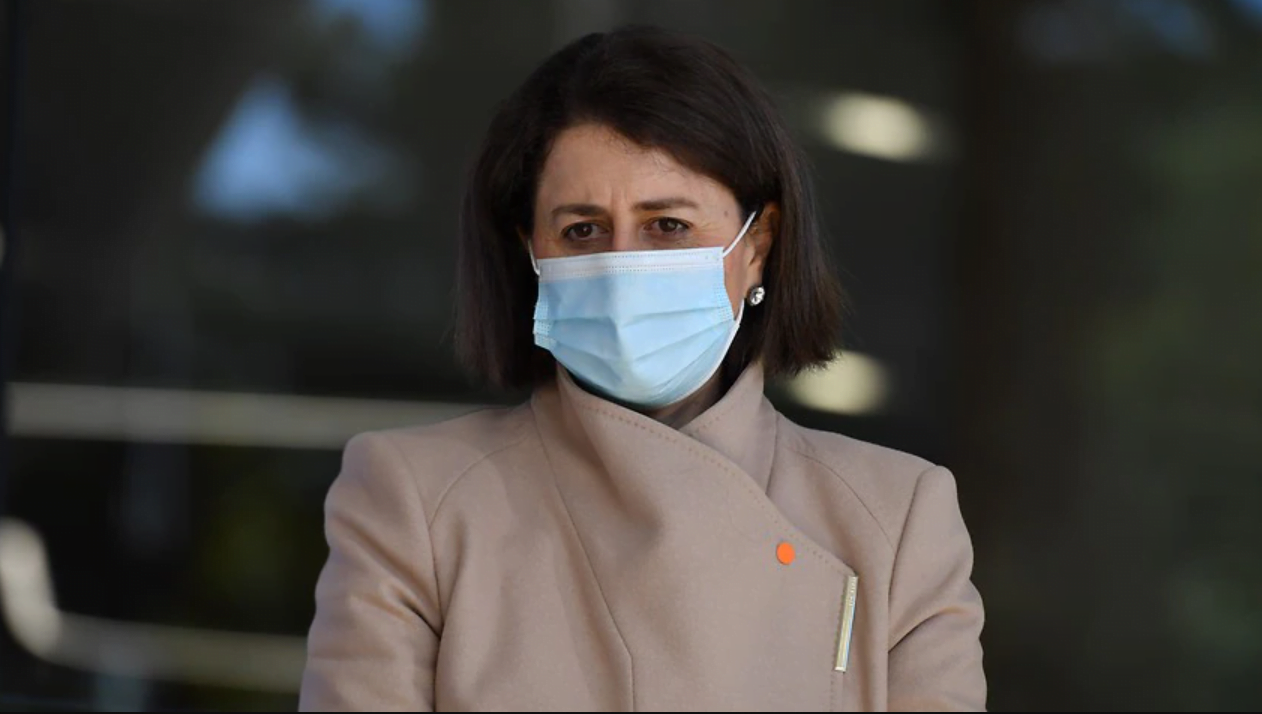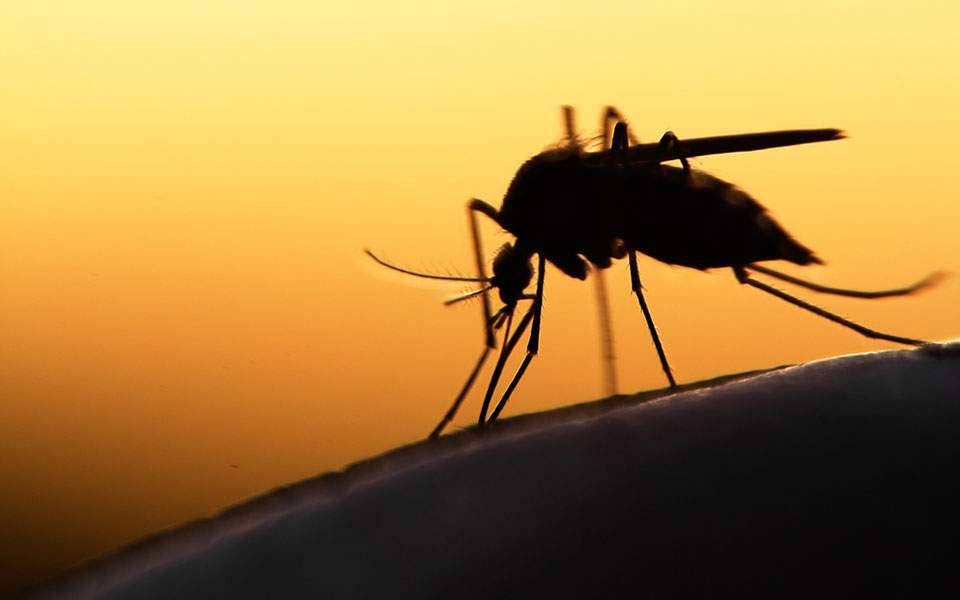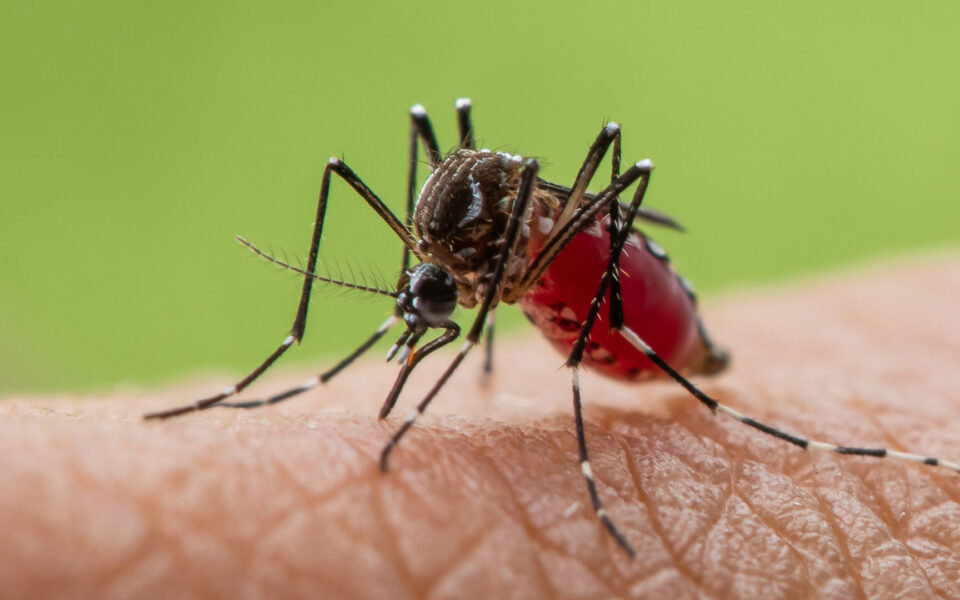Gladys Berejiklian expected to confirm extension of NSW lockdown after meeting with health experts


The NSW government is expected to confirm a coronavirus lockdown imposed on millions of people in five regions will be extended by a week, as the state continues to record more than a dozen new cases each day.
Premier Gladys Berejiklian spent most of Tuesday locked in discussions with health experts to gather information on “what next week looks like”, ahead of a crisis cabinet meeting.
It’s believed the government decided to extend the lockdown on Greater Sydney, Wollongong, Shellharbour, Blue Mountains and the Central Coast, due to end on Friday, by another week to 11.59pm on 16 July.
With the new school term due to begin next week, students in those five regions are likely to be mostly learning from home. The children of essential workers will be able to attend schools, as has happened in earlier lockdowns.
Students outside those regions should be able to go back to school.
NSW recorded 18 new COVID-19 cases in the 24 hours to 8pm on Monday, bringing the total number of people infected in the latest outbreak that began on June 16 to 330.
While it was a drop from 35 cases in the previous day, the number of people who were in the community while infectious is still alarming health experts.
That includes seven of the new cases announced on Tuesday involving the virulent Delta strain of COVID-19.
Two new positive cases have been linked to the SummitCare Baulkham Hills aged care facility, to be included in Wednesday’s numbers.
Among those new cases is a fourth staff member, who has been in isolation since July 1.
On Tuesday afternoon, Summitcare announced another female resident had been infected, the wife of a resident who tested positive last week.
Both residents were fully vaccinated and had been transferred to Westmead Hospital after the husband’s positive result.
“The resident, who until today was not positive, wanted to accompany her husband who tested positive on Saturday,” a statement from SummitCare said on Tuesday.
“The latest case takes the total number of positive cases to six residents, all of whom are now off site and showing no symptoms of the virus at this stage.”
Yesterday, NSW Health teams at the site vaccinated 24 residents, with 99 percent of occupants having received at least one dose of protection.
The organisation told SBS News 50 percent of staff have now been vaccinated.
Chief Health Officer Dr Kerry Chant has previously flagged that the lockdown’s success will be judged on this metric.
On Tuesday, Ms Berejiklian said extending the lockdown would be informed by the fact the government wants this to be the last.
The goal is to ensure a high proportion of the population gets vaccinated in future weeks and months.
The lockdown issue will be discussed at the premier’s regular 11am update on Wednesday.
Catholic school boys receive Pfizer vaccines ‘in error’
Meanwhile, it’s been revealed that 163 Year 12 boarders from Sydney’s St Joseph’s College received their first dose of the Pfizer vaccine in May, despite younger people not being eligible.
The school issued a statement saying it approached Sydney Local Health District because a large number of the students are boarders, with some coming from rural communities – including remote Indigenous communities.
Sydney Local Health District chief executive Dr Teresa Anderson on Tuesday evening said only Indigenous students – who are eligible – were supposed to be vaccinated, and apologised for the “error”.
“It was agreed that the Aboriginal students would be vaccinated through the state health system at Royal Prince Alfred Hospital’s vaccination hub,” she said in a statement.
“Through an error, the wider group of boarders in Year 12, a total of 163 students, were also vaccinated.
“Sydney Local Health District apologises for this error.”
All Indigenous people aged 16 to 49 are eligible for vaccination as they have a higher risk of acquiring, and developing severe disease from, COVID-19.
Economists say longer lockdowns are better long-term
Meanwhile, modellers, economists and public health experts from the Australian National University and University of Melbourne have crunched the numbers and found longer lockdowns benefit the economy in the longer term.
“The key point here is not to think about the economic costs over a period of a couple of weeks, large as they are, but rather to consider the costs over a period of months if community transmission continues,” University of Melbourne Professor Tom Kompas said on Tuesday.
According to St George Bank economists, the lockdown has already cost the economy about $1.5 billion.
The initial two-week stay-at-home order for more than five million people in Greater Sydney, Wollongong, Shellharbour, the Central Coast and the Blue Mountains began in late June.
Source: sbs




